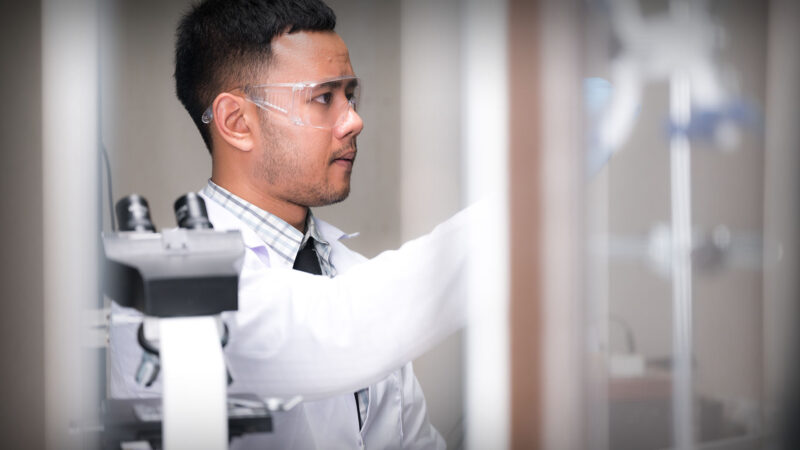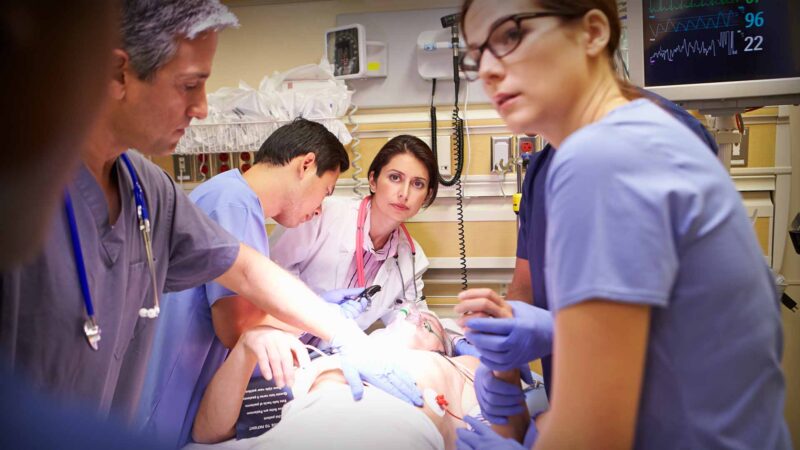Collaboration between industry, research, universities, government, and organisations is crucial for vaccine development and addressing public health needs, with a focus on overcoming barriers, accelerating access to technologies, and enhancing public-private partnerships. This is emphasised by the program committee chair Jenny Herz and a program committee member Professor Jodie McVernon of the Inaugural Vaccine Value Chain Conference, who invited Australian Health Journal to attend.
For the first time, key decision-makers and thought leaders from government, industry, academia, NGOs, and representatives from the immunisation community converged in a 2 day conference in Sydney hosted by Biointelect, highlighting the transformative potential of collaborative innovation.
In talking to Australian Health Journal, Ms Herz spoke about the end to end value chain of vaccine development involving discovery, research, product development, clinical trials, regulatory and reimbursement processes, and community implementation, with a focus on understanding the community’s perspectives and needs. Collaboration between industry and academic research is crucial for overcoming challenges in vaccine development and commercialisation.
She reflects how the pandemic spurred innovation in vaccine development and clinical trials, revealing the need to address gaps and explore new pathways for accelerating access to technologies and medicine, with more venture capital available for funding oncology products than infectious diseases.
According to the Inaugural Program Committee, there are many aspects involved in the value chain of vaccines from discovery through to implementation. However, the understanding of all the challenges, barriers, and levers to streamline the value chain across all key stakeholders is fragmented and sometimes siloed in Australia’s federated system.
During the COVID-19 pandemic novel vaccines were developed globally in record time. Australia’s public health ecosystem pulled together, but the gaps became clear. Since then, there have been many lessons learnt and significant investment by jurisdictional and Federal Governments, the private sector and philanthropy into different parts of the ecosystem.
While Australia has strengths in many areas, such as discovery research, the knowledge and experience to translate discoveries effectively, to truly impact the health of the community, requires data availability, resources and know-how all along the value chain. Access to funding and skilled workforce remains fragmented across our ecosystem, and this affects Australia’s ability to capitalise on research strengths in infectious diseases and immunology.
Professor McVernon and Ms Herz talk about collaboration between public and private sectors being essential to address unmet needs, and funding for innovation to come from NGOs, philanthropy, or public money if it is not attractive to the private sector.
The consensus of opinions coming from the conference speakers and delegates was that Australia needs to take a national approach and present itself as a strong player in the international community to find its relevant place in the value chain.
You Might also like
-
Making clinical trials participant friendly
Clinical trials are essential in developing new, improved, and more effective treatments and interventions. Without trials, researchers and professionals in the field cannot properly determine whether these new treatments and interventions are safe and effective.
The Clinials platform is geared towards patient centric trials and reducing site burden. The aim is to accelerate lifesaving medicines coming to market by connecting participants and researchers. The platform allows participants to come to researchers with their eligibility in hand among other capabilities.
-
Landmark research projects tackle critical issues in emergency healthcare
For two decades, the demand for emergency department services in Australia has outpaced population growth and wait times have increased. In 2022-2023 more than 8.8 million emergency department presentations occurred nationwide.
While demand is a contributing factor, EDs are currently being impacted by various factors across the entire health system.
The Emergency Medicine Foundation (EMF) is a non-profit organisation funding innovative Australian research that improves the way people are cared for in a medical emergency. The aim of the research is to deliver better and more effective health services to save lives and money.
-
SAHMRI Celebrates 10 Years of Research
SAHMRI represents an exciting and unique statewide concept, bringing together basic and translational research, South Australia’s three universities and the health system. SAHMRI works in collaboration with its partners to provide a clear focal point for health and medical research, including paving the way for new partnerships, innovative research projects and improved health outcomes.
Executive Director, Professor Maria Makrides spoke to Australian Health Journal about 3 achievements in the past 10 years that have had significant impact
International leadership breakthroughs in leukaemia research
Culturally appropriate Indigenous health research and clinical care
Omega 3 fatty acids as a preterm birth prevention



